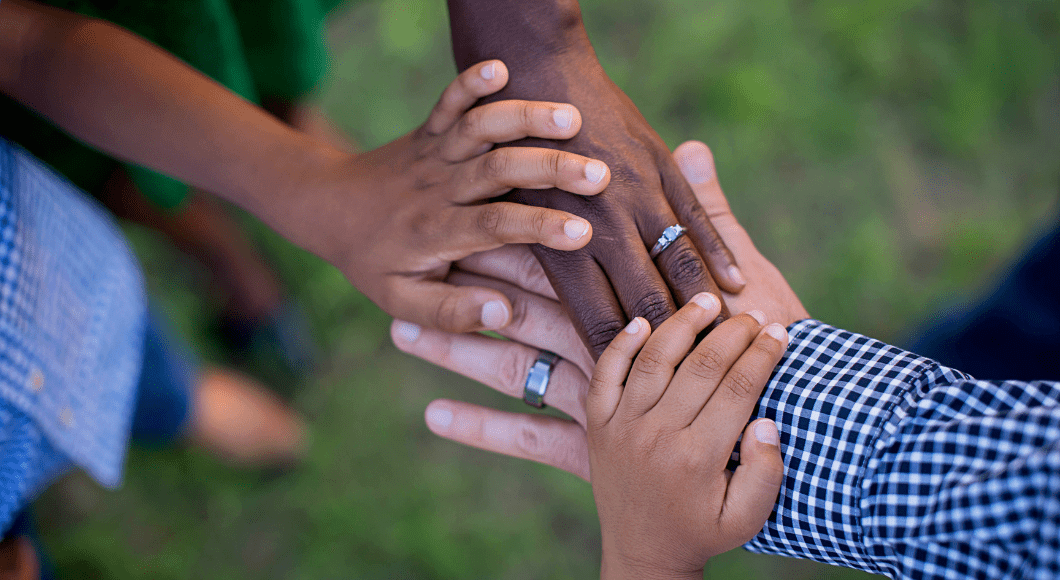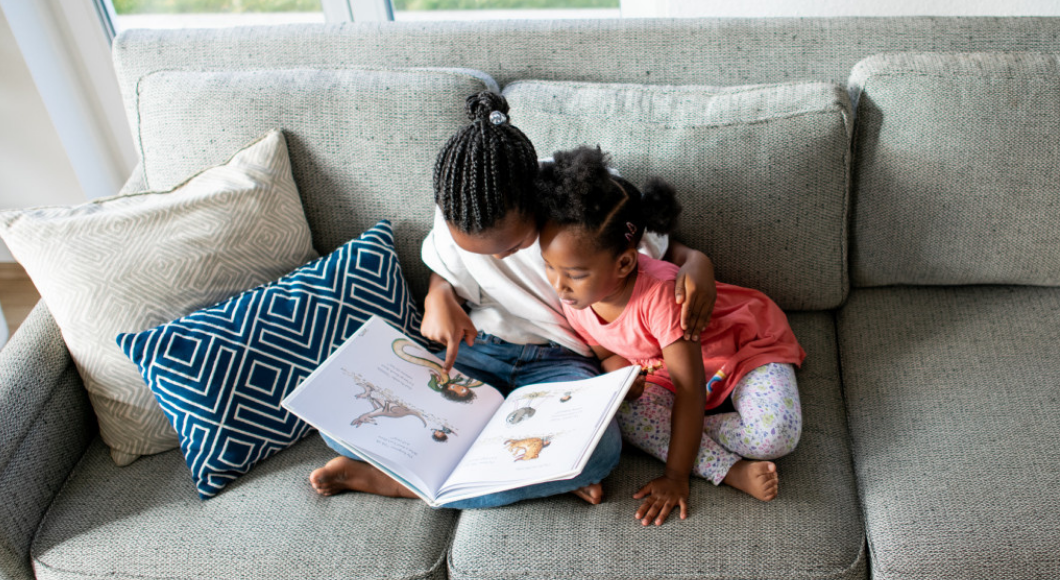 February is Black History Month. It’s a holiday celebrated at school and in homes, including ours. But before I jump into our approach to celebrating as a family, we need a little history.
February is Black History Month. It’s a holiday celebrated at school and in homes, including ours. But before I jump into our approach to celebrating as a family, we need a little history.
The Founder of Black History Month
The founder of Black History Month was a man named Carter Woodson. After delaying any formal schooling until the age of 20 to help support his family, Woodson became the second African American man to receive a doctorate degree from Harvard University. As an educator and administrator, he saw a lack of representation for Black history in education.
Carter Woodson founded the Association for the Study of Afro-American Life and History in 1915 and what was then known as Negro History Week (later changed to Black History Month in the 1960s). Woodson chose February specifically because so many notable contributors to Black history have birthdays in February.
He named two specific purposes for creating a Black history celebration: First to rediscover a history that had been buried by white mainstream culture. He wanted to build self-esteem, pride, and a hunger for justice in young African Americans. The second reason was to foster understanding between races. Woodson believed sharing Black history with all races would build understanding and promote respect.
Guiding Principles to Celebrating
In our family, which is mixed race and transracial, we take our cues from two figures: Carter Woodson and Jesus Christ. Our guiding principles are to celebrate Black history for the purposes of lifting up our daughter, so she knows her own history and feels pride in who she is. It’s for teaching our sons to be knowledgeable and to equally appreciate and respect all humans and their contributions to this world.
 We treat the month the way we treat Christmas. As Christians, we learn about and celebrate Jesus daily, all year long. We could not separate Jesus from our lives because he is woven throughout them. But during the Christmas season, we go all in. We decorate the house, we give gifts, and we attend special celebrations. We have traditions and we retell our favorite Bible stories and holiday memories.
We treat the month the way we treat Christmas. As Christians, we learn about and celebrate Jesus daily, all year long. We could not separate Jesus from our lives because he is woven throughout them. But during the Christmas season, we go all in. We decorate the house, we give gifts, and we attend special celebrations. We have traditions and we retell our favorite Bible stories and holiday memories.
This same approach is used for Black History Month. We talk about Black history, about being Black, and what that means or doesn’t mean all year long. We make certain Black authors, artists, and popular culture are represented in our home all year long. But during Black History Month, we go extra.
>> RELATED READ :: 4 Black-Inclusive Books :: How to Create Positive Self-Image for Black Toddlers <<
Our Age-Focused Approach
I’ve said in previous articles that I believe all topics are manageable as long as you keep a child’s age and maturity level in mind. Everyone is different, but for our children, we are still concentrating on representation, confidence, valuing ourselves and others, and appreciating all of our differences. We are always honest with our kids when they ask hard questions, and they do ask. However, we give them what they can handle considering their ages. Our focus remains on the foundational character work that is required to accept the more difficult truths.
That said, our Black History Month traditions are very much focused on the celebratory parts. We enjoy putting different flags on our flagpole, so for February we pull out the Pan-African flag. We attend events that are kid-friendly and try out new black-owned businesses and restaurants (and keep frequenting them all year if we enjoy them!). We check out new library books we haven’t read before and generally treat February like a party that celebrates African American people and contributions.
Black History Is Woven Throughout the Year
Overall, if I have a point I want to impress on you, it’s that Black history doesn’t exist within one month. I am not Black, and I can’t possibly speak to what it means to be a Black mom. But as a parent, a cousin, and a sister-in-law in a multiracial family, it’s my responsibility to work to educate myself and my kids and to expose my child to each cultural group she is a member of.
February is a month where there are more opportunities to do that, but if you want to see them, those opportunities are all around us each day, all year.













